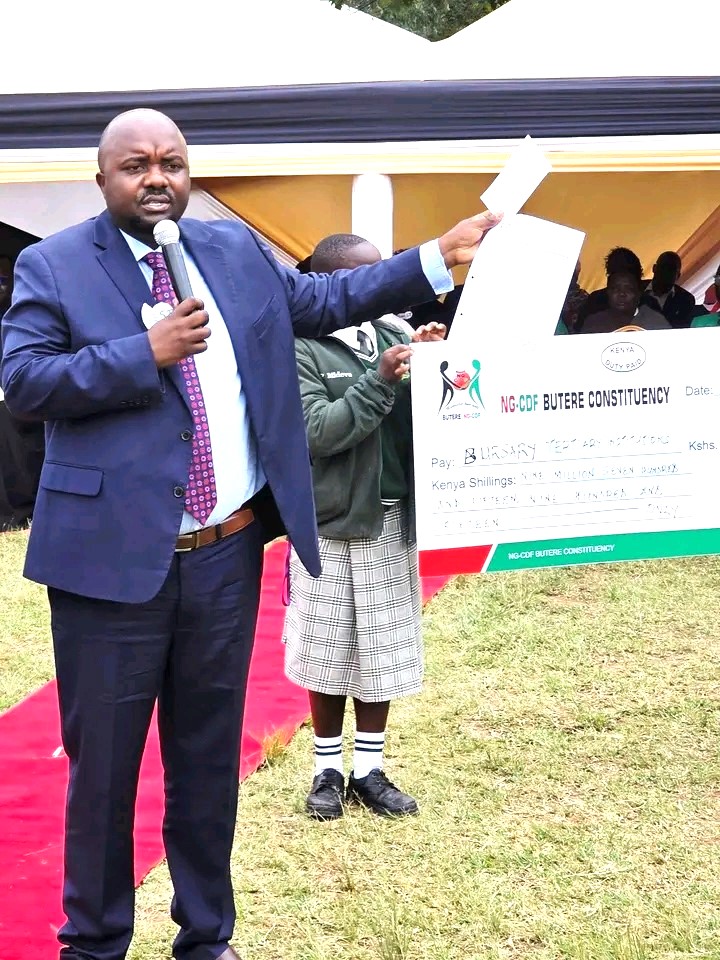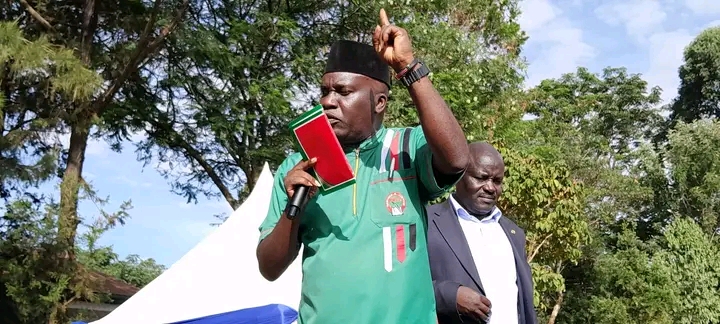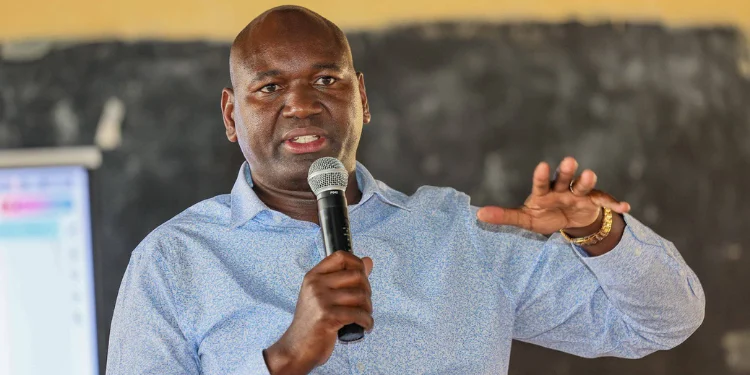“I may not approve what you say, but I will defend to the death your right to say it.” – Voltaire (often paraphrased but widely attributed to him). I want to assume that Voltaire did not envision a situation of misuse of social media spaces to castigate, disparage and make weird allegations about others. No. He only advocated for fairness in our expression. Social media activists are not exercising fairness in their posts. Instead, they are sowing discord, contempt and vitriol. Can we engage in decent activism?
In the digital age, social media has become a powerful platform for political activism, allowing citizens to voice their opinions, advocate for change, and hold public figures accountable. In Kenya, where political engagement is often intense, social media has evolved into a critical space for discussion and critique.
However, there is a growing concern that many Kenyan bloggers and social media users are crossing the fine line between activism and the misuse of freedom of speech. A growing trend is emerging where individuals, under the guise of political activism, resort to vulgar language, insults, and personal attacks on political leaders in their quest to gain attention or trend on social media.
While social media has undoubtedly democratised political discourse and given the marginalised a voice, this newfound freedom has been, at times, abused. It is crucial to remind ourselves that the purpose of activism is not to undermine or disrespect individuals but to inspire positive change, inform the public, and engage in meaningful discourse.
Political activism, especially in a democratic society like Kenya, should be conducted with respect, dignity, and a sense of responsibility. It should seek to educate, inform, and encourage constructive dialogue rather than perpetuate division and hostility.
One of the most disturbing trends on social media is the tendency of bloggers to use vulgar language and personal attacks on political leaders. These online personalities, eager to capture the public’s attention and gain followers, often resort to sensationalism by targeting individuals with harmful and inflammatory statements.
These attacks are frequently laced with personal insults, demeaning language, and in some cases, outright hate speech. The immediate goal is not to advance a meaningful political cause, but to incite emotions and generate outrage to boost engagement and online visibility.
READ ALSO: Court or SRC involve ECDE teachers during job evaluations
Such behaviour often undermines the very ideals of activism. Political activism is about raising awareness, mobilizing citizens, and pushing for change in a way that respects human dignity and encourages productive discourse. It is about calling for accountability, transparency, and justice without resorting to baseless insults or slander.
When bloggers engage in personal attacks against leaders, they not only damage the reputation of individuals but also diminish the integrity of the causes they claim to support. These tactics often make it more difficult for people to engage in substantive debate about the issues at hand, as the focus shifts to personalities rather than policies.
While it is true that political leaders should be held accountable, it is equally important to do so in a manner that reflects the values of the society in which we live. Leaders, regardless of their political affiliation, are still human beings who deserve to be treated with respect. Online activism that is based on decency can have a far greater impact than one that is driven by insult and vulgarity.
Policies and actions
When bloggers choose to criticise political figures, they can do so by focusing on their policies, actions, and decisions, rather than attacking their personal lives or resorting to name-calling. This approach allows for a more thoughtful and informed discussion, where the emphasis remains on the issues rather than on the personalities involved.
The danger of using social media platforms as a space for crude attacks is that it not only damages the political discourse but also influences younger audiences who may be consuming this content.
The younger generation, especially those who are impressionable, may come to see such behaviour as acceptable and even desirable in the pursuit of political influence. This normalisation of hostility and indecency can create a toxic environment that discourages healthy debate and stifles the kind of respectful political engagement that is necessary for democratic growth.
Additionally, when bloggers engage in inappropriate behaviour, they risk inciting hatred and division among citizens. Kenya is a diverse country with various ethnicities, religions, and political affiliations.
Social media posts that attack leaders based on ethnicity or personal traits can fuel ethnic tensions, create divisions, and contribute to violence. The role of bloggers and social media influencers should be to promote unity and to advocate for solutions that bridge divides rather than deepen them.
Social media activism, when used appropriately, has the potential to create real change. It can pressure governments to take action, expose corruption, and bring attention to injustices. But it can only do so if the discourse remains respectful, solution-oriented, and constructive. Bloggers and social media users have a responsibility to ensure that the platforms they use for activism do not become spaces for the spread of hate or negativity.
Instead of resorting to vulgarity and personal attacks, bloggers can exert pressure on political leaders in more constructive ways. They can use well-researched arguments, present facts, and offer solutions that contribute to the improvement of society. When leaders are called to account for their actions, it should be through discussions that highlight the facts, encourage critical thinking, and advocate for policies that benefit the common good.
In conclusion, while social media provides an invaluable space for political activism, it is important that we use it responsibly. The misuse of freedom of speech through insults, vulgarity, and personal attacks only damages the integrity of political discourse. Activism should be about raising awareness, demanding accountability, and striving for positive change in a way that is respectful and constructive.
Bloggers and social media influencers in Kenya have an opportunity to lead by example, to engage in meaningful political discourse, and to encourage others to participate in a manner that fosters unity, respect, and progress.
Kamomonti teaches English and Literature in Gatundu North Sub County.
By Kamomonti wa Kiambati
You can also follow our social media pages on Twitter: Education News KE and Facebook: Education News Newspaper for timely updates.
>>> Click here to stay up-to-date with trending regional stories
>>> Click here to read more informed opinions on the country’s education landscape






